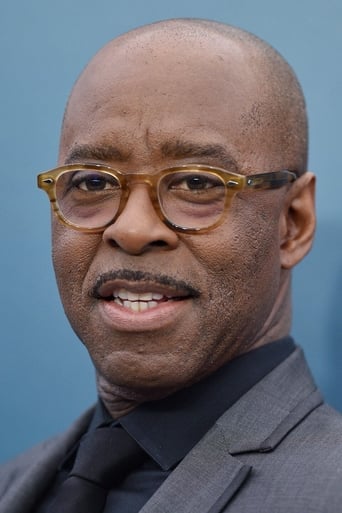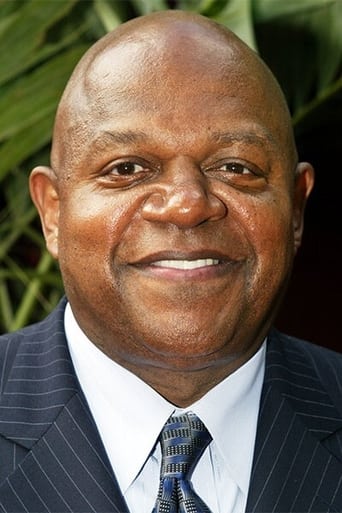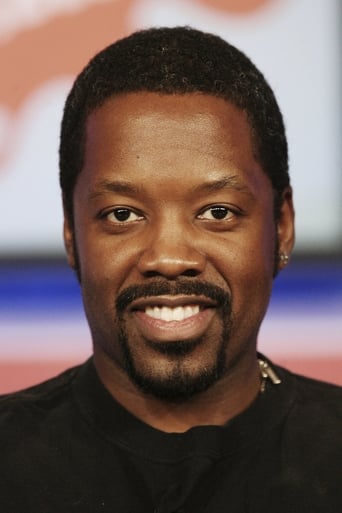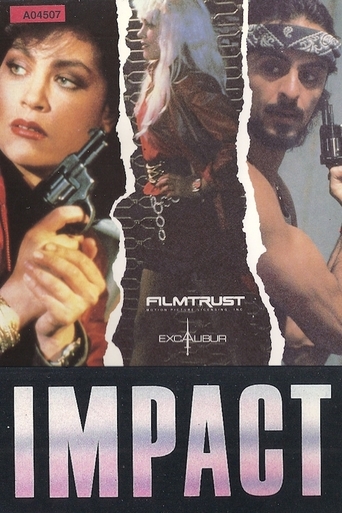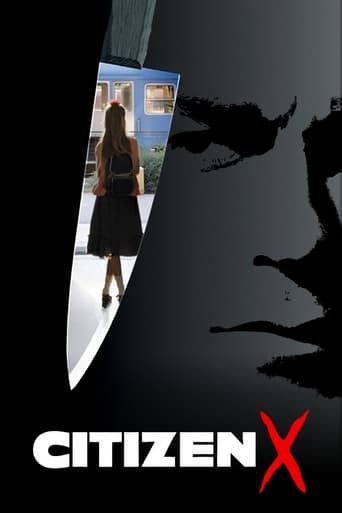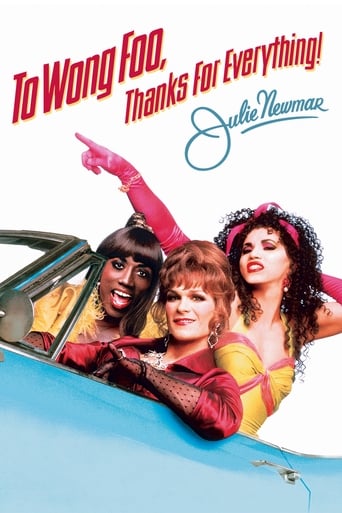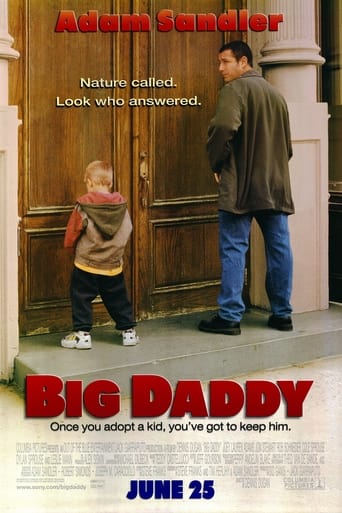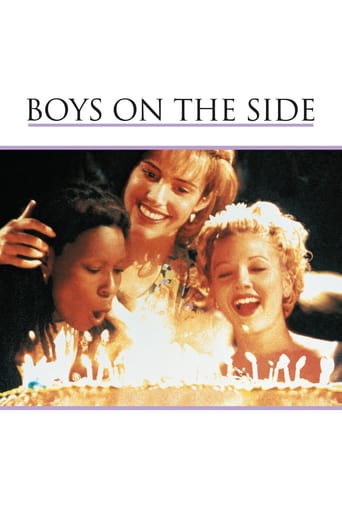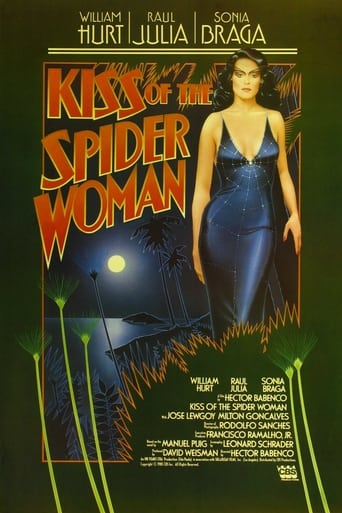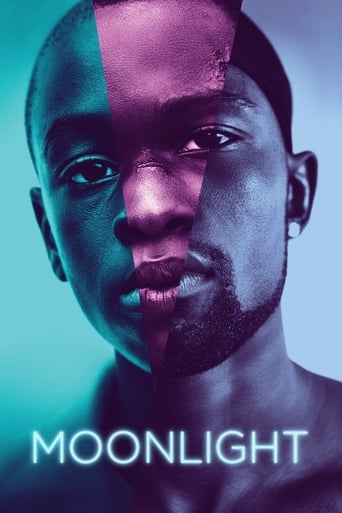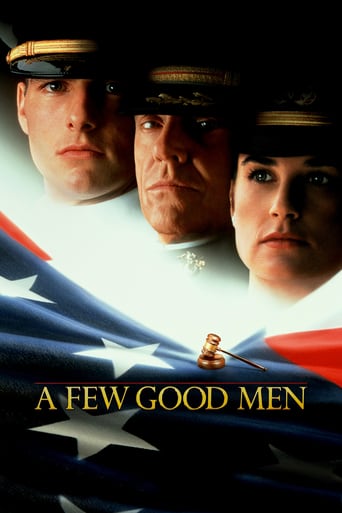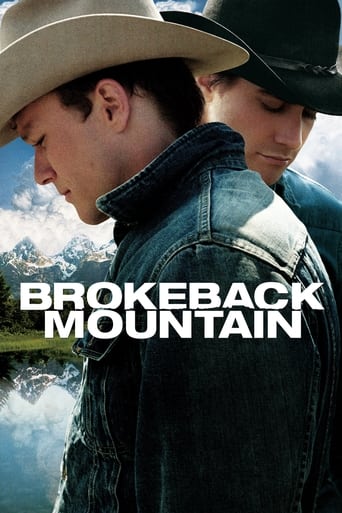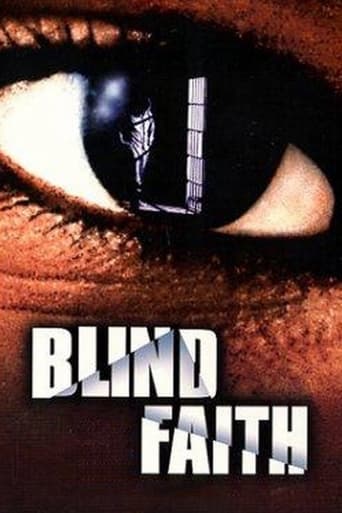
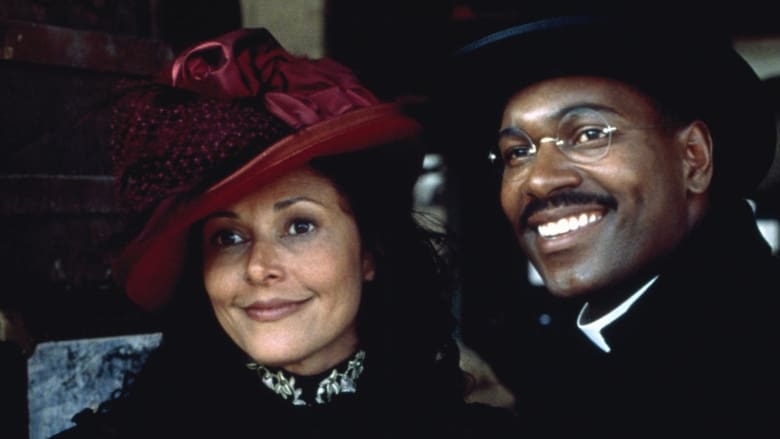
Blind Faith (1998)
in 1957, black lawyer defends his nephew, who faces the death penalty for murdering a white boy.
Watch Trailer
Cast


Similar titles
Reviews
very intense drama about an upcoming black family in the late 40s, who's life gets out of control as the eldest son turns out to have murdered an Irish boy. pace of the story, characters and the difficult topic as well as a professional film-making crew and excellent actors make this movie a super secret tip! this is not the invention of the wheel, but oh how much i enjoyed that movie. please read other user comments for further info; in my opinion this film is a real candy for those of you who like off-cinema and art-house productions. i also wonder why no one seems to have seen this movie, lets IMDb look a little weak. Themes in this film: family (values, suppression, violence), racism, inequality in societies concerning race or sexuality (esp. homosexuality).
Well, I don't get why some would thing that the reason why this movie did not make it to the big screen is because of "bad actors." The MAIN CHARACTERS were also WELL KNOWN black actors who have been in SEVERAL movies which were on the big screen. Now why would someone continue to work with so called bad actors? Hmmm, I get it.....it must have been those "extras" in the movie that no one had ever heard of. Such as the welfare-ish white woman who shunned Courtney Vance's characters while on her porch. I admit....she was NOT a believable racist. Or, maybe it was the white guys with the lame and heavy New York accent who were on the witness stand? Maybe??? Or it could have been the prison guards who made death by electric chair seem like a joyous event?
Of all the dozens of excellent films I have in my collection on VHS, this remains the film I would most like to see transferred to DVD. What a gem! When I originally purchased it without knowing a thing about it, I was slightly intrigued by the fact that the synopsis on the video box makes the film sound like a gritty suspense thriller, one of my favorite genres. The plot sounded interesting a young black student is accused of murdering a while teen in NYC during the 1950's. OK, sounds like an intriguing piece of drama, I'll take it. So I took it home and was utterly blown away. One plot twist after another, fantastic acting, and a surprise theme about homophobia (which turns out to be the main point of the film) kept me riveted to my seat for the entire film. The story was believable, the drama intense, and the ending heartbreaking. I kept thinking about this film for days after I'd seen it, and since then I have lent my VHS to a half dozen friends, all of who were as emotionally effected by its sincerity as I was. This minor masterpiece, which sadly seems to be quite obscure, is a piece of drama that I would not hesitate to recommend to anyone. If you can manage to find it anywhere, rent it, purchase it, copy it, or steal it. You won't be sorry.
I imagine that Blind Faith was blocked from mass circulation. It's not because it was made for TV or bad acting, directing or film-making. It may have been blocked due to its highly charged content. It says that black family members choose to relate to white world in different ways that may generate conflict within our families. How this theme was handled by writer, Frank Military, and director, Ernest R. Dickerson reveals a side of black life too incendiary to be popularized. The title refers to how some blacks so believe in white definitions of what's good, pure and noble that we strive for that to our own detriment. Few films explore this theme and this one does so in ways that threatens global racial hegemony. How would blacks change if they could see themselves divided by racial sentiments derived from hegemonic white culture? Many would not be comfortable with such change.An eighteen year old youth is charged with murdering a white youth. One presumes racial injustice will emerge but the story takes a different turn. Initially produced for Showtime television, it enjoyed a limited theatrical run in 1998, but no one I know has ever heard of Blind Faith. Still, it impressively was nominated for several Independent Spirit Awards and should have won many, but such films rarely win awards. I may not have seen it had I not been flipping cable TV channels, and landed on the Sundance station. Oh, what a lucky flip that was!Dramatic acting and directing are superb, despite a made-for-TV format stamping its sketchily structured mark on this film. An intimate black cultural presence is evoked through well selected casting with portrayals by some of America's best and most popular actors like Charles Dutton, Lonette McKee, Kadeem Hardison, and featuring Courtney B. Vance, as defense attorney and narrator, who recently appears with Denzel Washington in The Preacher' s Wife. There are great performances by Joel Gordon and Garland Whitt who play the most controversial roles. Notable were highly credible European American roles played by Dan Lett, Aron Tager, Shawn Lawrence and Peter MacNeill. Add to this volatile mix the savvy subtly of a director like Dickerson. He's paid his cinematic dues with John Sayles on The Brother From Another Planet and with Spike Lee on six of his projects including Malcolm X. Such hot cultural credentials would have drawn a huge black audience had the film been properly promoted and distributed.The trial of Charles Williams Jr. occurs during the fight for black liberty prior to the Civil Rights movement when our only hope was the diligent genius of a few black lawyers. Black men were supposed to know their place or pay the penalty of death for actual or imagined crimes against whites. One anticipates the usual lynching, but is stunned as the plot reveals why a black boy and his people face a murder charge. Less about the boy's trial and more about three brothers, one of whom, Charles Williams (Charles Dutton), is the boy's father, the central focus of racially gendered tension is established between the boy's father and uncle who is his lawyer. Both the tension and action emanating from estranged brothers throws them into a conflict that opens wounds, thereby offering a chance at reunion and redemption. Will an opportune healing be achieved? The film's answer is not revealed. Many will shudder at its capacity to demonstrate how black men can succeed and fail in their racially plagued quest for humanity when white world robs them daily of their masculine self-esteem. For that reason alone, the loss of this film to the masses is a great one and one needs no conspiracy theory to explain how films like this, and similar ones, like Sankofa, by Haile Gerima, routinely are not selected for mass circulation. This happens because blacks may now enjoy access to the media, but ultimately, whitened people almost unilaterally decide what will be circulated and promoted. (See my essay, No Black Public Sphere in White Public Space, Transforming Anthropology. 8(1&2): 111-128).Among those who overlooked it, Blind Faith may have been too blatantly honest about the harsh effect of racism on black families or too clear about the racism-driven rise of homophobia in the black community. Black responses to sexual minorities typically are formulated on the white side and in anti-black terms: being a sexual minority in the heterosexual black community is often seen as undermining black struggles against racism. Despite the incredible work of Marlon Riggs whose last film, Black Is...Black Ain't explored how black sexual and gender minorities are grounded in black cultural idioms and commitment, and yet even among those who love them most, such blacks generally are considered to be shamefully and dangerously playing into the white man's hands.Another theme is that despite success, a black man's achievement of whiteness can be impugned by his association with so-called deviants. But the film does not stop there; it crashes forward by questioning black masculinity. The triumph of love among black men secures no victory over evil, however. Evil is not displaced onto whites, most who behave as friends or allies in this film. Evil is located within the black family and operates within self-denigrating spaces mapped out by the failure of black love and affiliation. But locating evil in black families is not done to blame the victim. Rather, it makes us reflect on our taken for granted embodiment of racism. We are compelled to notice how we aim to change ourselves in vain efforts to live as whites would have us to live. Accommodating the imposed standards of whiteness in ways preferable to European Americans is often not accomplished without paying the price of one's soul. Exploration of evil is accomplished without anyone standing on a soap-box. Blind Faith's dramatic quality, passionate intensity and analytical depth reminds me of a comparable film: Karim Ainouz's Madame Satã (2002), another 'must see.'


